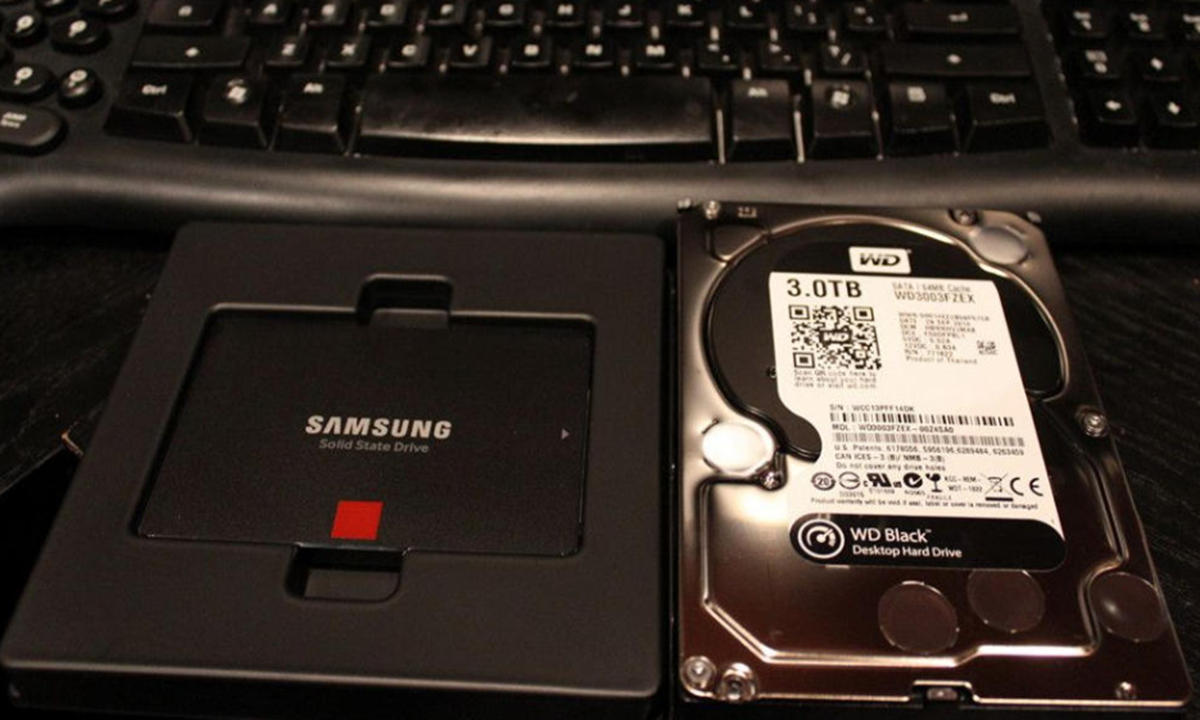Shawn Rosemarin, vice president of research and development at Pure Storage, which specializes in data storage in the format. flashhe predicted it mechanical hard drives will stop being sold in 2028. From that year, according to Rosemarin, it will be possible to get storage for data only in flash.
For a Pure Storage manager, there is an overriding reason to strongly support storage in the format flash at the expense of mechanical hard disks (HDD): electricity costs. It’s no secret that the price of electricity has risen a lot recently, especially in connection with the Russian invasion of Ukraine.
The lower energy efficiency of hard drives translates into higher costs for businesses, so these, according to Rosemarin’s argument, will have less and less reason to continue betting on HDDs because of the higher costs they entail. The manager revealed specific data like this data centers currently account for approximately 3% of all total energy spending, and of that 3%, a third is attributed to storage. Despite this small percentage, it is important to remember that this is global energy consumption, so we are talking about a huge amount in the end.
Today, HDDs are the dominant storage format in data centers, so replacing it with an SSD could lead to an 80 to 90 percent reduction in power consumption, according to Rosemarin. In addition to the economic issue, there is the fact that there are countries that enforce energy consumption quotas, which can reduce the chances of less efficient projects going ahead.

The fact that energy efficiency and price are the predominant reason does not mean that it is the only reason, as the director of Pure Storage also mentioned increasing storage density offered by the technology flash. Here, NAND chip manufacturers’ roadmaps indicate that storage density will improve significantly in the coming years, or at least that’s the plan they show the public.
SSDs have recently gained a lot of ground over HDDs, both in server-oriented computers and in home computers. When it comes to home computers, SSDs are clearly superior in aspects such as speed, both read and write, and also offer much lower latencies. On the other hand, you could even say they were late because hard drives have been a rather annoying bottleneck for decades, especially since modern operating systems run many processes that may require reading.
When data is factored into the business terms of both storage technologies, hard drive shipments fell by roughly half and sales by a third compared to the previous year. However, no data hyperscale company has indicated that it will move from hard disk to hard disk storage. flashand this factor makes Shawn Rosemarin’s prediction quite difficult to fulfill.
Another factor to keep in mind is that although the cost per terabyte of SSDs has improved recently, they are still more expensive than HDDs, so users who want a large amount of storage and are on a budget are likely to choose a hybrid configuration. in which the SSD would support the operating system and smaller applications and the HDD would store personal data and larger applications.
Cover image: Pixabay.














